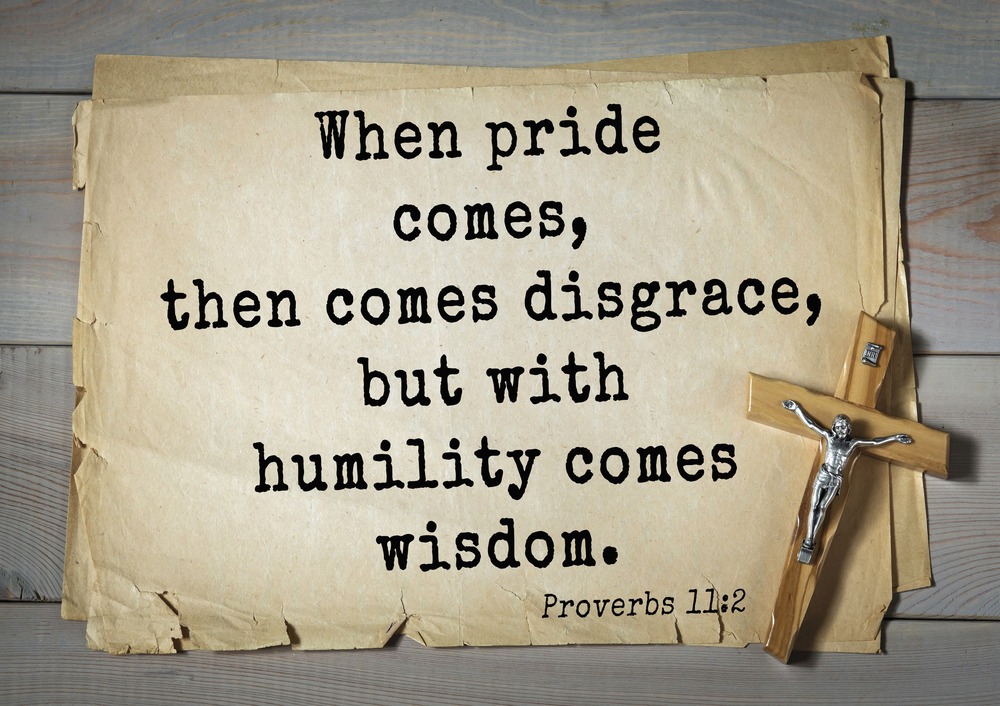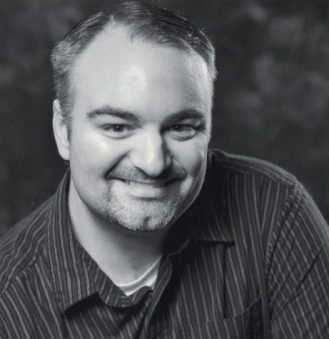
By Tim Adams
You may not have noticed, but over the last decade there has been a significant rise in the number of pastors who are now “influencers.” The availability and “always on” nature of social media has made evangelism and outreach so much easier and more accessible.
The ability for a pastor to create quick, short video lessons once or twice a week, or to have AI tools create video snippets from the weekly sermon has allowed pastors to increase their reach dramatically. In many cases, this reach positively impacts the hearts of those who are very likely looking for a little hope and encouragement in this often dark and lonely world.
However, there are hidden dangers in pursuing this path, as well. In everything, our enemy twists the good into bad and we see this happen with influencer pastors who live that influencer life and the relative celebrity that comes with that. What do I mean by that? What are some of the dangers?
Off the top of my head, sudden celebrity can lead an amplification of character flaws, unhealed trauma and pain and anger. This can result in infidelity, a loss of a moral center, and a huge increase in pride as fans and followers inflate the ego of a person whose heart is not prepared for that attention.
The Bible speaks fairly strongly about pride:
Proverbs 16:8, “Pride goes before destruction, a haughty spirit before a fall.”
James 4:6, “God opposes the proud but shows favor to the humble.”
Matthew 23:12, “Whoever exalts himself shall be humbled, and whoever humbles himself shall be exalted.”
I believe there is and should be a distinction between taking pride in a job well done, being proud of your accomplishments or the accomplishments of a loved one. Where we cross that line is when that becomes “excessive” pride, where you begin to think of yourself as superior to others, or self-dependent rather than relying on God.
Pride is an easy enough trap to fall into, but with social media, it is almost expected that you will talk about yourself – a LOT! My wife and I often comment about how there are many people who are getting way too comfortable living out their lives online by filming events and occurrences that should be held out of the public eye.
You risk becoming just as lost as those you are trying to reach; frantically searching for validation, meaning, purpose, acceptance, love, or the myriad other worldly treasure that takes our attention away from God.
What is the impact of focusing so much on yourself, how you come across to others and overall letting others dictate how you act, what you say, etc.? The reality is that influencers are the influenced: there are creators who allow their followers nearly complete access to their daily lives, make their decisions for them, regardless of how denigrating or in poor form. It’s a form of insanity that has some worrying motivations, showing how far people will go in order to feel superior to someone else.
I’m reminded of the Milgram experiment where one group of participants were “teachers,” the other group “learners.” The teachers were told to administer a shock every time a learner recited an incorrect answer. The idea was to study how far human behavior could be pushed by an authority figure, even when that meant administering pain to a fellow human. The study was shocking and extremely controversial but revealed that most people would continue to administer the shock, even when the other person was in pain and pleading. In reality, no shocks were actually administered (the “learners” were acting) but the teachers were not aware of this until after the study concluded. It was a shocking result and should serve as a warning as to how far people will go.
I have often seen false humility walk hand-in-hand with pride, as well. The appearance of humility but it’s only skin deep, be it to try and appease others or to make one feel better that they aren’t AS prideful as someone else. I have been around a pastor who acted the part of a man of God to his congregation but pushed his staff so hard and treated them so harshly, several of them fainted from stress and exhaustion and had to be hospitalized.
If the humility doesn’t sprout from the heart, it’s not real, period. “Comparison is the thief of joy,” is a powerful quote, but it’s a more meaningful reminder that we are not to compare ourselves with each other and I’m reminded of something I heard at a men’s retreat several years ago: “One person’s authentic glory will never diminish someone else’s glory.” We should not worry about being something or someone we were not created to be. True fulfillment, true meaning, true purpose is found in seeking out, finding, and living out the original glory God instilled in you.
Maybe that is to be an online personality and minister to the world with your unique talents and gifts. But maybe it’s something else and that is a good thing. Not everyone needs to be a social media star and we need to go back to seeking our validation from God and God alone! No one else is whole and holy and perfect enough to provide that deep and never-ending validation!
I think the sinister draw of social media for pastors is the desire to reach others, a pure motivation, grounded, at least originally, in a genuine desire to reach the lost and searching, per the Gospel Commission. However, as the enemy does so often, a truth wrapped in a lie can, and often does, twist you around until you are lost and may not understand or recognize that your honorable intent and motivation has morphed into something you don’t even recognize.
You need a strategy, discipline, and a solid calling that God is calling you to minister through this media before I feel comfortable saying go for it. Otherwise, you risk becoming just as lost as those you are trying to reach; frantically searching for validation, meaning, purpose, acceptance, love, or the myriad other worldly treasure that takes our attention away from God.
I truly believe (and recent research has showed) that if we all limited our social media time dramatically every day, every week, every month, we would see a dramatic improvement in our mental health and that could lead to improvements in our physical health, too. We would have time to engage in the real fellowship and relationship, which then could lead to our church communities healing and changing the local community. What follow-on effects can you think of that might develop if you and your church engaged less online? The fact that we have a term now for abstaining from media completely is a worrying sign that we are already well past the point of obsession and negative impact.
Ultimately, we need to be careful about how much we allow others to influence us, and we must be careful about how much we try to influence other people. We must all be committed, every day, to being influenced by our God. His are the only pure motivations; His are the only true intentions we can trust. When we are influenced by God, we are infused with the goodness of God, and we then reflect that into those around us.
We should be proud of what we accomplish, when we do something good, driven from a good moral center. However, we should also acknowledge just as much, that it is God who gives us all good things, including the desire to positively influence someone else’s day and that is the kind of influencing I can whole-heartedly support!

Tim Adams spent over 20 years volunteering in church technical ministry and now focuses on helping small churches achieve technical excellence through equipment upgrades, training, sharing best practices and teaching leadership how to cast God-sized vision.




